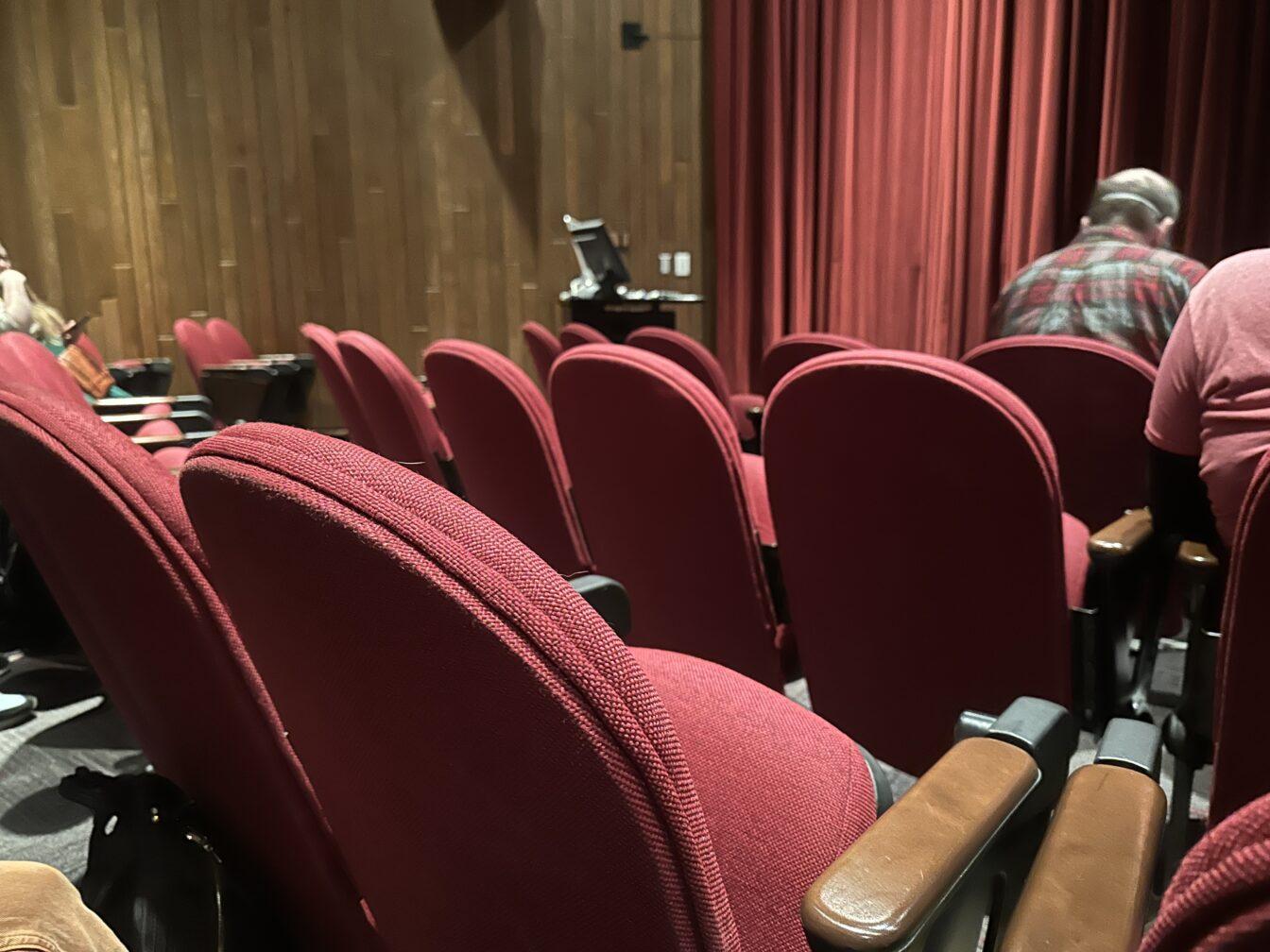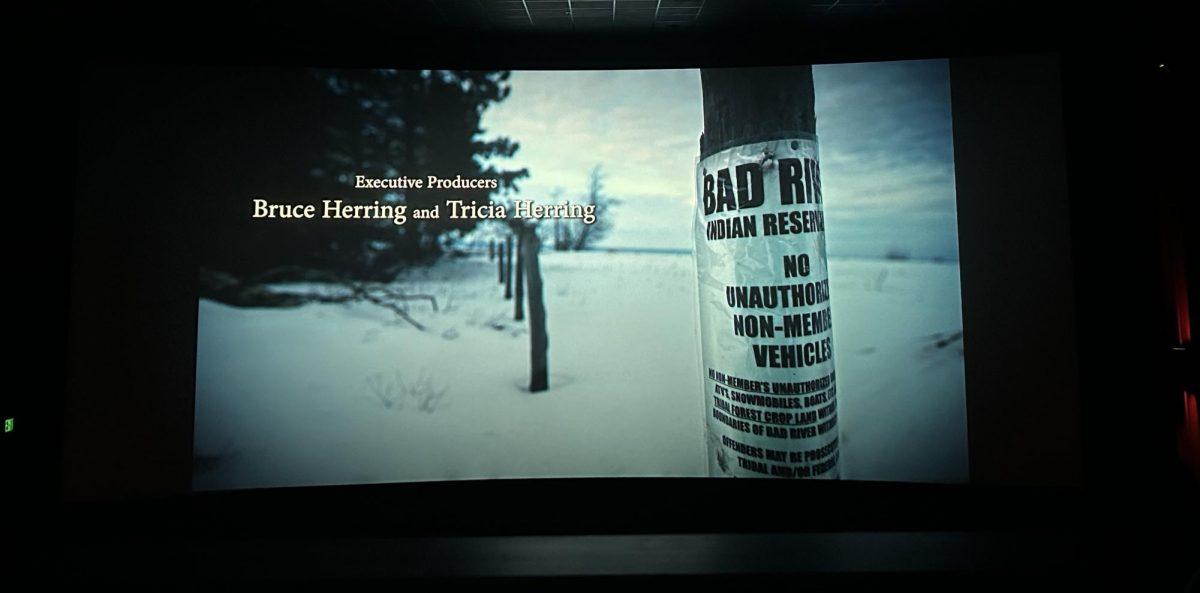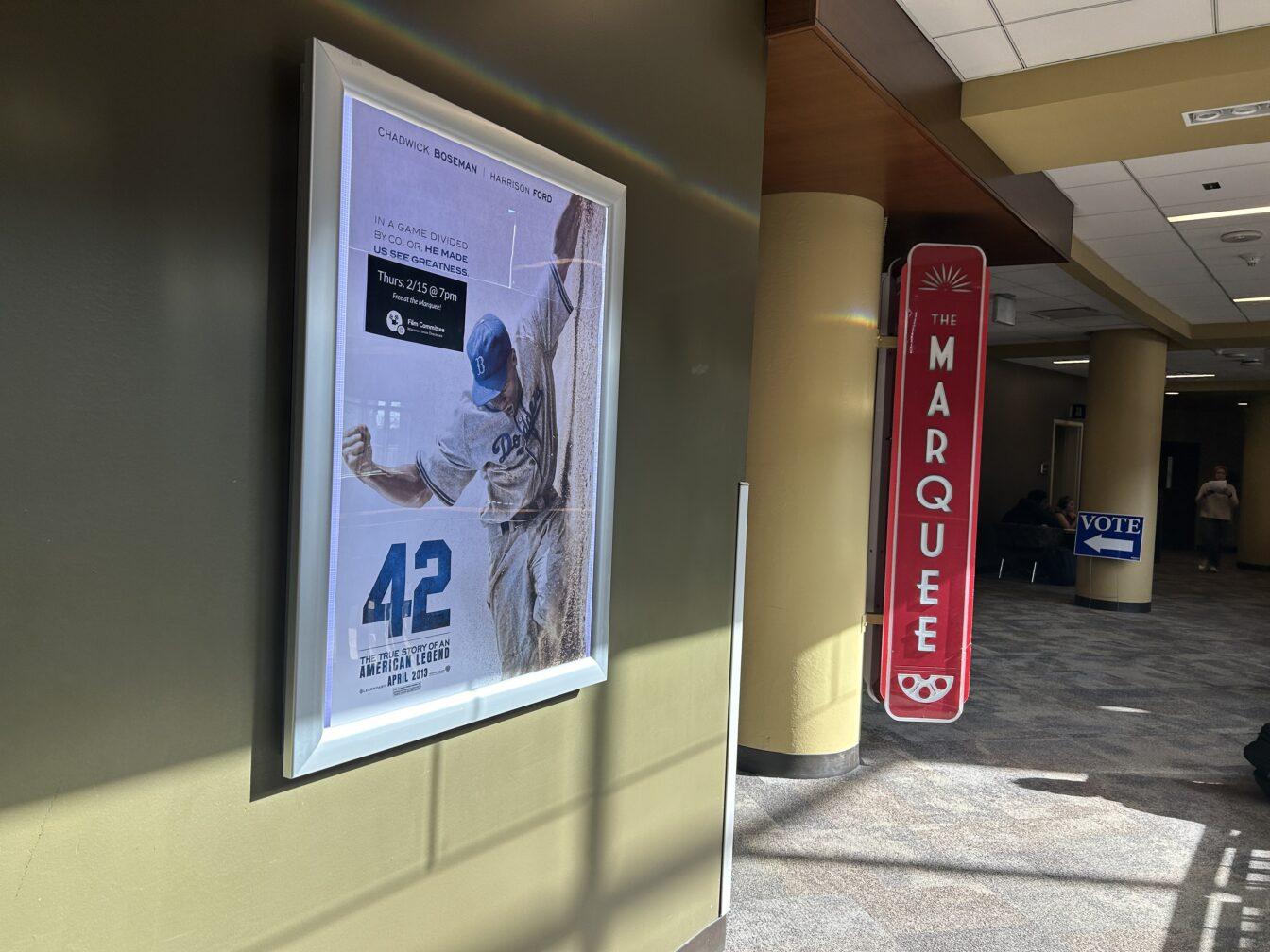
The last time a bee was the focus of a major motion picture, audiences narrowly avoided disaster in Jerry Seinfeld’s “Bee Movie.” This time, human civilization might not be so lucky, or so would argue the environmental documentary “Queen of the Sun,” from director Taggart Siegel, screening this weekend at Sundance Cinemas.
“Queen of the Sun” is the latest in a growing line of environmental/sustainability docs (“Food, Inc.,” “Mondovino,” etc.) that focus on the negative externalities of the corporatization of food production, using the honey bee as humanity’s most recent blunder.
The documentary’s basic arc goes something like this: Honey bees are immensely underrated in their importance to agriculture, pollinating 40 percent of harvested edible crops and therefore a major force of sustainability. But as a result of various “big food” initiatives, like relocating different species to one location or the mass use of pesticides, bee populations across the world – though mostly in western nations where pesticide use has become de rigueur – are declining at a rate so alarming the term “colony collapse disorder” has been coined to describe the phenomenon.
Thus without bees, there can be no crops; without crops there can be no food, and so on until man starves itself because of its own profiteering and interference with nature. One of the film’s interviewees goes so far as to consider the bee crisis on an equal plane as climate change. “What are the bees telling us”? asks the film’s subtitle, hinting at the concern of human-bee symbiosis that underscores much of the film.
The implied goal of “Queen of the Sun,” therefore, is to show the importance of bees, frame the scope of colony collapse disorder and propose areas of likely improvement. It succeeds with the first two, but stumbles on the third, making a convincing argument for the necessity of bees in sustainable agriculture but lacking any market-based ammunition to fire away at the corporations that are ostensibly to blame.
Along the way we are introduced to various bee advocates, ranging from a shirtless yogi in France who screams tree-hugger to a Bronx-based rooftop beekeeper. Lending a bit more talking-head credibility are Michael Pollan of “In Defense of Food” fame and Vandana Shiva, an Indian physicist.
The story of a man whose biodynamic farm – a pesticide-free operation where varied plants benefit each other’s growth – gets dusted by a neighboring field’s pesticides is central to Siegel’s argument. It’s a global problem, the film argues, requiring a massive cooperative effort not unlike the coordination it takes for a colony of bees to maintain its hive.
The dominant lesson throughout is that man’s interference with natural rhythms comes at a cost, and that going au naturel is more of a path to prosperity than trusting food production entirely to the magic hand of the market. Cooperation should be valued over competition and, like the bees, the group is of higher concern than the individual.
But “Queen of the Sun,” for all its quirks, lacks the practical exclamation point required in a documentary that really seeks to effect change. The problem might be real, and nature’s patience for the human profit motive is likely waning, but the documentary brings little to market. Foodie favorite “Food, Inc.” demonstrated in 2008 how organic foods can even be sold by a corporate behemoth like Wal-Mart; “Queen of the Sun,” meanwhile, offers little more in the way of sustainability than the suggestion for individuals to maintain hives in their backyards as they would a garden or chicken coop.
It’s unclear if the average consumer has a socially-conscious way for voting with his or her dollar, a way to contribute to the cause on a small scale. The only equivalent for organic milk or local farm-stand produce seems to be the knowledge that bees are in danger and the pursuit of growth needs to be curbed.
For better or worse, if it don’t make dollars it don’t make sense, so don’t expect Monsanto to be closing up shop any time soon.
3 out of 5 stars













